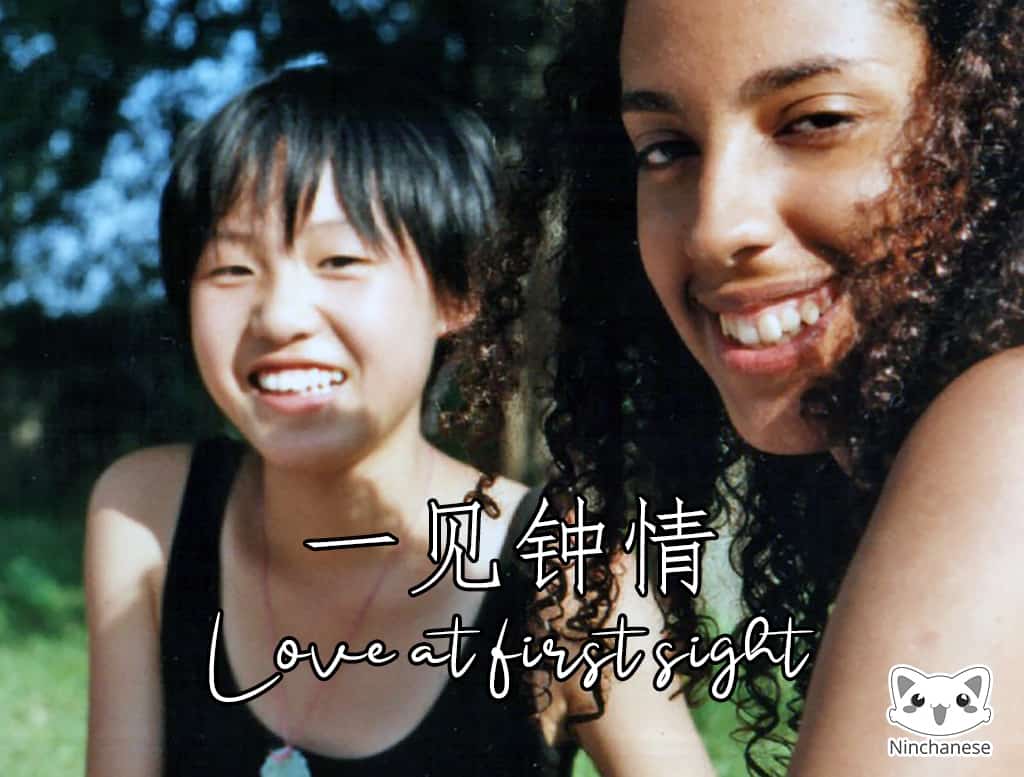If you already use these idioms in English, then you’ll be surprised how simple is it to use these Chinese idioms and sound as smart as an old Chinese uncle.
Idioms – in any language – are probably one of the most challenging things to master when learning a foreign language. These short sentences – full of secret meaning – ship a cultural heritage. Some of them can be very confusing unless you delve deep into their roots and make an effort to understand the way of thinking behind them. They often do not make sense when you listen to them at first, but usually, describe a situation that anyone could be in. And sometimes it’s hard to translate them into another language.
At the same time, those phrases often offer great insight into the culture. So, I’ve always found idioms one of the most fascinating aspects of a language to explore.
What’s more? Human brains sometimes work the same way even miles and miles apart. Somehow, even in vastly different languages – like English and Chinese – some distinctive idioms use the same imagery (or very close) to convey the same ideas.
How amazing is that? Let’s take a look at some of those! Maybe then, Chinese idioms will look slightly less scary – or even better – you could use these Chinese Chengyus when you speak Chinese and sound as smart as Yocha, our old Chinese teacher.
一见钟情 – “love at first sight.”
This idiom’s meaning is super close to the English meaning. Let’s take a look at the different characters:
Easy to use, easy to remember. Did you see that lovely pair of shoes? Wow, it was really 一见钟情.
🏮 Ninchanese is an incredible app for learning Chinese! 🏮
” I actually graduated from the University of Edinburgh with a MA in Chinese.
I’ve used Ninchanese daily, and it has helped me a lot! “
– Connor, Ninchanese User
Try Ninchanese, an award-winning method to learn Chinese today:
Start Learning Now
空中楼阁 – “castle in the air” – build castles in the air
That’s pretty close to the English meaning. Hey, castles did not exist in China, so how could the translation be precisely “castle”, right?
I would love to speak Chinese, and my dream is not a 空中楼阁 😉
A happy Chinese idiom 如鱼得水 – “like fish in the water.”
This chengyu’s meaning in Chinese is similar to the idiom in English, and you can use it in almost the same kind of situations: where you feel at ease with someone, or are performing very well, showing you are made for that environment or that environment is made for you. It’s quite a positive idiom!
我在这种地方如鱼得水 – I feel like a fish in the water in this place.
The very expressive 一箭双雕 – “kill two eagles (birds) with one arrow” – is the equivalent of “killing two birds with one stone”.
(No image here it would have been not cute :p)
一箭双雕 is a chengyu very close in meaning to our saying “killing two birds with one stone”. It’s a fascinating chengyu, made even more so by the fact there also exists a very similar idiom: 一举两得. The stories connected to those two idioms, however, are a little different.
Efficient Chinese idiom: 一举两得 – “achieve two goals with one action.”
Both share the same meaning, so when should you use one over the other?
You’ll use 一箭双雕 “Kill two eagles (birds) with one stone” when you want to showcase your skills.
The other one 一举两得 is about wit and knowing when to strike to spend minimal effort. Like if you go on sightseeing and you can eat there too, then you double the benefit in one action.
A contrasted Chinese idiom: 夜以继日 – “day and night.”
The meaning is translucid. There’s no mistake here; you’ve been working day and night to get it clear.
A Chinese saying: 水滴石穿 – “drop by drop water wears away the stone.”
“My Chinese only got better after I started practicing it every day, so I guess it’s true that constant dropping wears away a stone.” Easy to get the meaning and use it. Let’s give it a try!
Chinese chengyu: 对牛弹琴 – “play zither in front of a cow” – equivalent meaning: to cast pearls before swine.
Just because this one super fun! We could not resist adding that one too.
So here are the 5 best Chinese idioms and chengyus + 2 more bonus that resonate the same in English. I’ve selected them since they are fun and easy to use. It’s a great way to see that even if countries are far away from each other, we can still share parts of culture and a similar understanding of the world. How about you, do you have an idiom that comes to mind, that you’ve learned or used lately?
This article is brought to you by Julia Knoblauch, physics student by day, avid Chinese learner on Ninchanese by night.
Want to write on the Ninchanese blog? Want to give your insight into an aspect of the Chinese culture or the language? Contact us on https://ninchanese.com/chat/
The Nincha Team
Stay in touch with us on Facebook, Twitter, Instagram, and Pinterest.

2 replies on “5 Chinese Idioms that Sound Like English Idioms”
Upper intermediate Chinese learner! Ready to take the next step progress to an advanced level of Chinese? We have what you need: A new Advanced Chinese world is out on Ninchanese to guide you to fluency!
All words have carefully written definitions and examples that will help you understand how a word is used. Tap to add words you’d like to review to a vocab list.